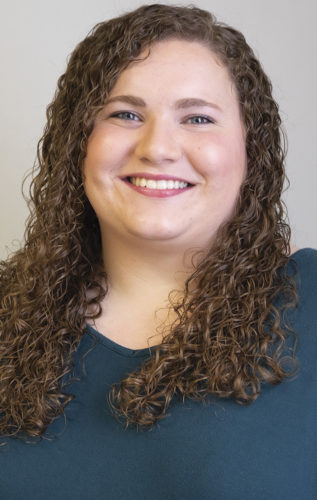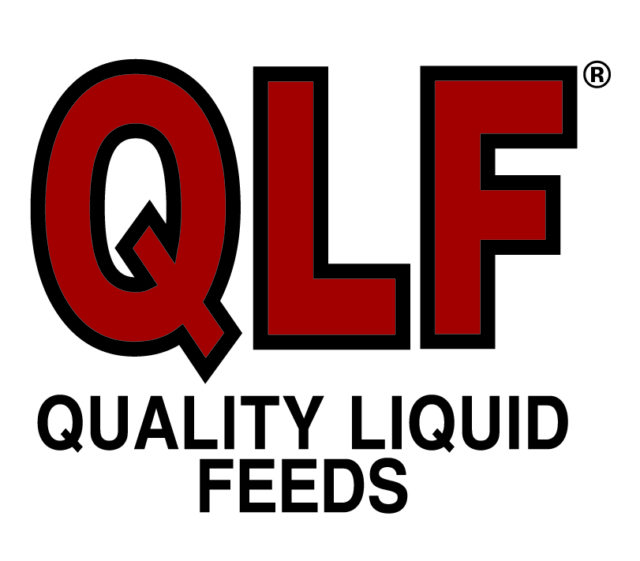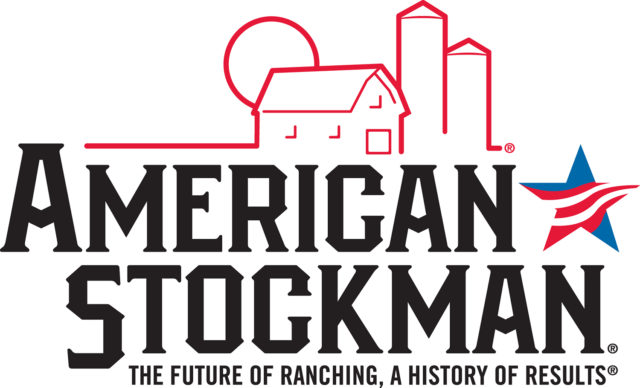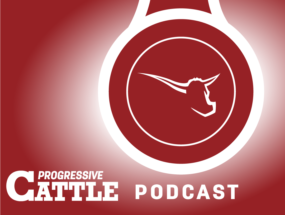In order to gain the approval of regulators from both the EU and the U.S. Department of Justice, Bayer agreed to sell a significant amount of its own crop science businesses to BASF, another German company, before following through with the acquisition. “We have diligently prepared for the upcoming integration over the past two years.
Our extensive experience in integrating other large companies has proven we can and will be successful,” said Werner Baumann, chairman of the Bayer Board of Management, in a Bayer news release.
Bayer is absorbing the Monsanto products into their portfolio, although the acquired products will retain their brand names (e.g., Dekalb, Asgrow, etc.), according to a Bayer news release.
The two companies will continue to operate separately for approximately two months after the June merger while Bayer completes its divestments, then the Monsanto name will be officially retired.
“[Monsanto’s] closing represents an important milestone toward the vision of creating a leading agricultural company, supporting growers in their efforts to be more productive and sustainable for the benefit of our planet and consumers,” said Hugh Grant, outgoing chairman and CEO of Monsanto. “I am proud of the path we have paved as Monsanto and look forward to the combined company helping move modern agriculture forward.”
Liam Condon, president of the Bayer crop science division, said during a June 4 conference call that the merger would leave the company in a better position to serve the needs of farmers around the world.
“Our combined portfolio will bring together outstanding seeds and plant traits – where Monsanto is a leader – and chemical and biological crop protection, which is where Bayer’s strengths are. These capabilities, combined with our expanded digital tools through the climate platform as well as agronomic insights, will allow us to develop truly customized solutions that meet the specific needs of our customers.”
Montana grain farmer Mitch Konen is cautiously optimistic. “It’s always a concern when we see consolidations of this size within the ag sector, but I think the pros will outweigh the cons,” he said in a Montana Ag Network report. “These large companies are doing it for the benefit of the consumer and the farmer. And they’re always trying to do it in an innovative and environmentally sustainable manner anymore.”
This optimism is not shared by everyone in the agricultural community. Clay Govier, a fifth-generation farmer in central Nebraska, said the merger could put many small farms in a tough position.
“From my perspective, they’re saying the exact opposite of what most people in the industry actually believe,” he told Business Insider. Govier said that with so many big mergers in the ag supply industry, prices will most likely increase, making things more difficult for producers as time goes on.
“They’re locking in their profit, and they’re cornering the market by getting bigger, not by creating new products,” he said of Bayer and Monsanto in the Business Insider report. “They’re just choking out the rest of the competition.”
Mark Connelly, an agriculture analyst for brokerage and investment group CLSA Americas, agreed. “Let’s just cut to the chase: These companies want to make more money, they want to raise prices,” he told Business Insider. “No company in this industry needs these deals in order to innovate.” ![]()

-
Carrie Veselka
- Associate Editor
- Progressive Dairyman
- Email Carrie Veselka








